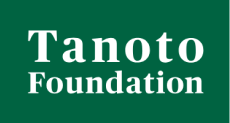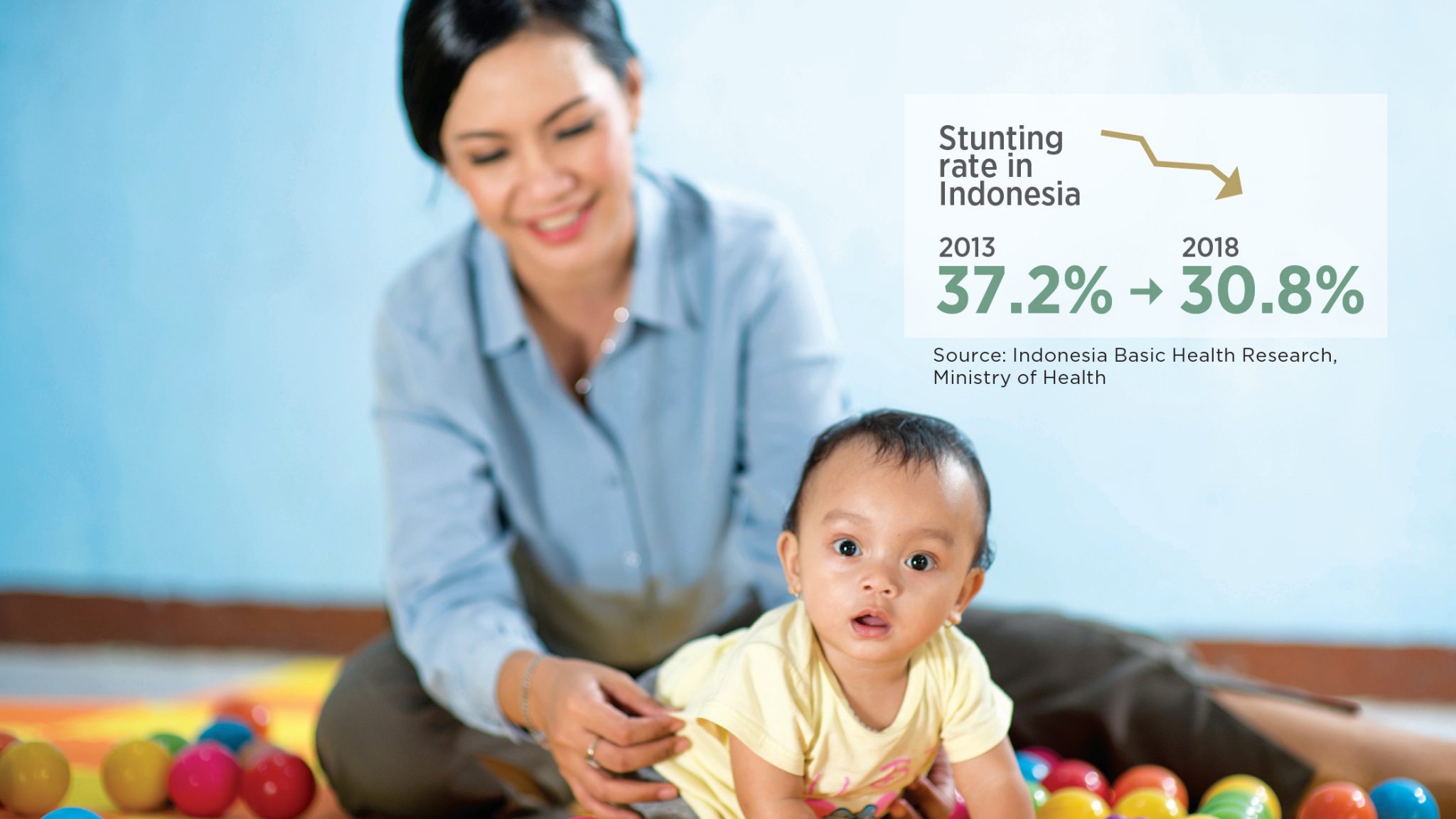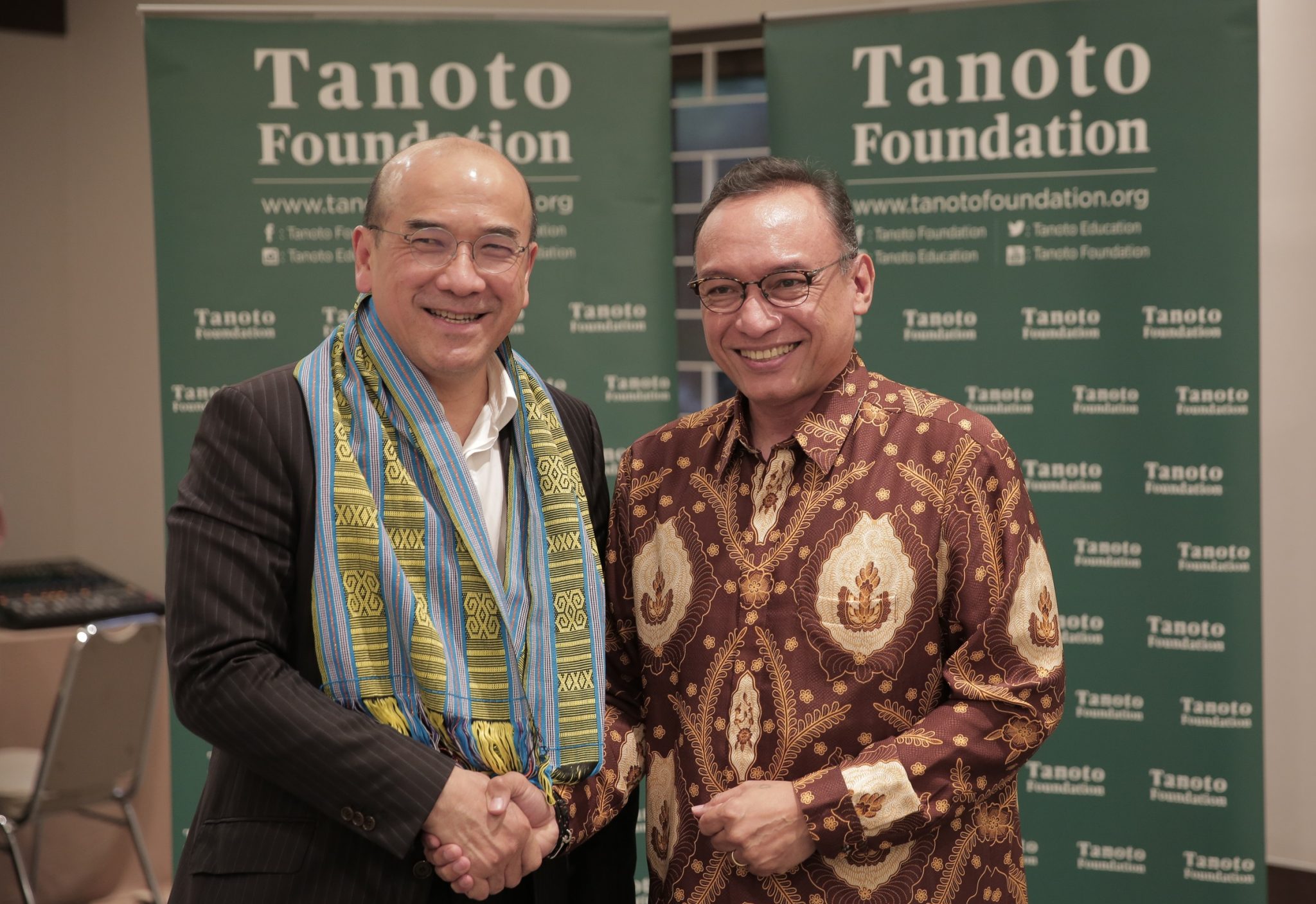Indonesia has made significant progress in overcoming stunting. According to the Indonesian Ministry of Health, the stunting rate dropped from 37.2% in 2013 to 30.8% in 2018. However, reducing the stunting rate, which has lifelong effects on physical and mental development, remains a national priority, with a target of below 20% in 2024.
Tanoto Foundation, an independent family philanthropy organisation founded by Sukanto Tanoto and Tinah Bingei Tanoto in 1981, actively supports the government’s efforts to prevent stunting through our Early Childhood Education and Development program. To further this agenda, Tanoto Foundation in September 2019 became a founding member of the World Bank’s Multi Donor Trust Fund (MDTF) for Indonesia Human Capital Acceleration (IHCA) initiative with a commitment of USD 2 million. The trust fund is also supported by the Gates Foundation.
At the inaugural meeting of the MDTF IHCA Steering Committee, the Global CEO of Tanoto Foundation, Satrijo Tanudjojo, emphasized the Tanoto Foundation’s commitment to supporting the development of the Indonesian people.
“MDTF for IHCA is in line with our mission in harnessing the transformative power of education to realize people’s full potential and to improve lives. It fits in very well in supporting TF programs that expand from the very early age of human development to the growth of young leaders, bridging their way into productive adulthoods,”
Satrijo Tanudjojo – CEO Global Tanoto Foundation
“Tanoto Foundation’s various initiatives are to contribute to the Indonesian government in accelerating the prevention of stunting, improving the quality of education, and addressing regional inequalities in human resources,” said Satrijo.
Satrijo also underlined the challenges being faced in efforts to prevent stunting during the COVID-19 pandemic. According to him, the pandemic is not only a challenge for the future of children, but also for the progress made by the Indonesian government.
“According to the SMERU Research Institute report, the poverty rate that has been successfully reduced to a single digit, which is 9%, is expected to rise to double digits, 11-13% or even more. This certainly has an impact on stunting prevention programs, as well as the development and education of early childhood and education in general,” he added.
For that reason, with all the impacts caused by the current pandemic, according to Satrijo, we must not lose our focus in achieving our goals. Precisely this situation makes us have to try harder to accelerate the increase in human resources, including in the fight against stunting.





